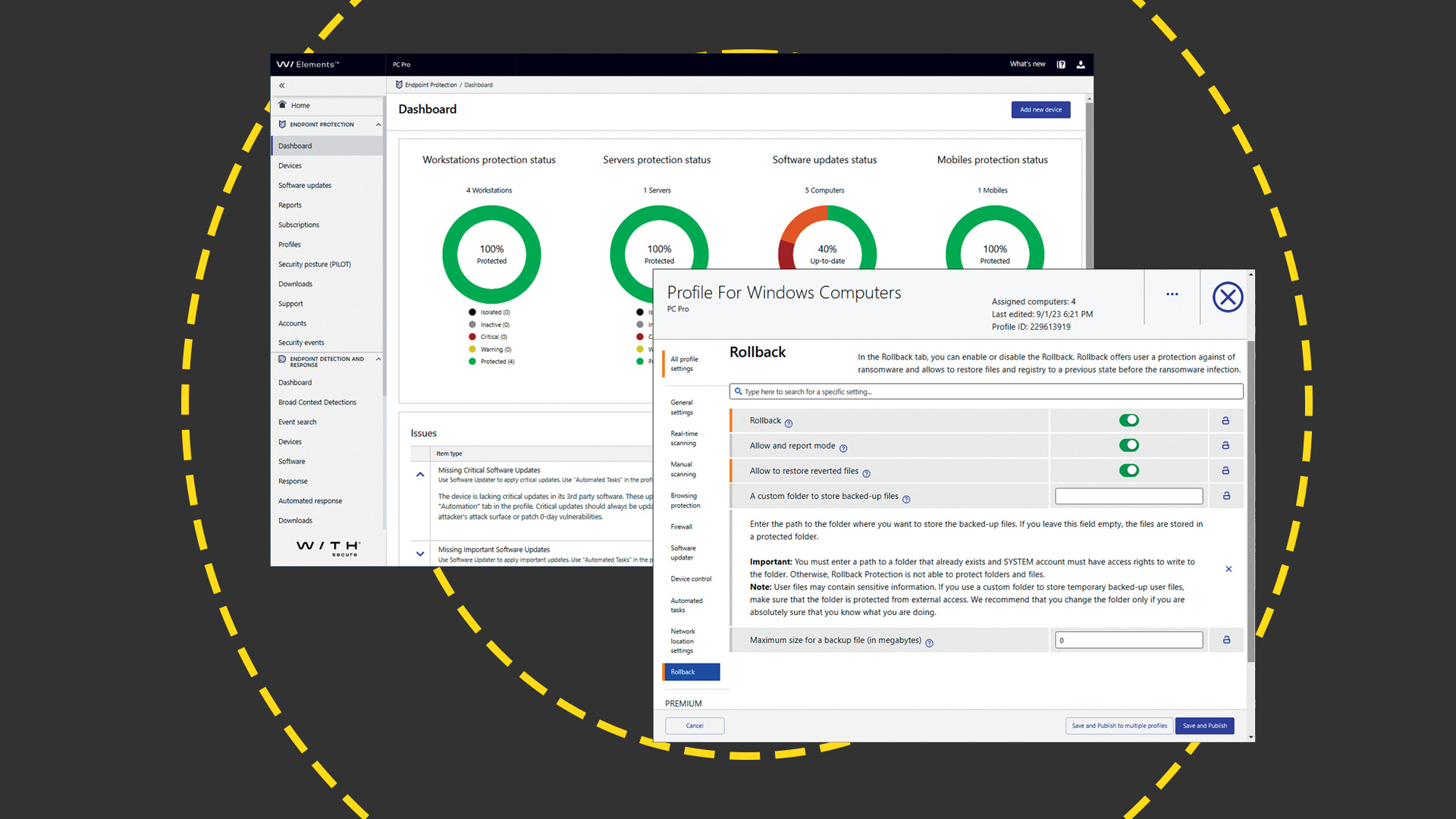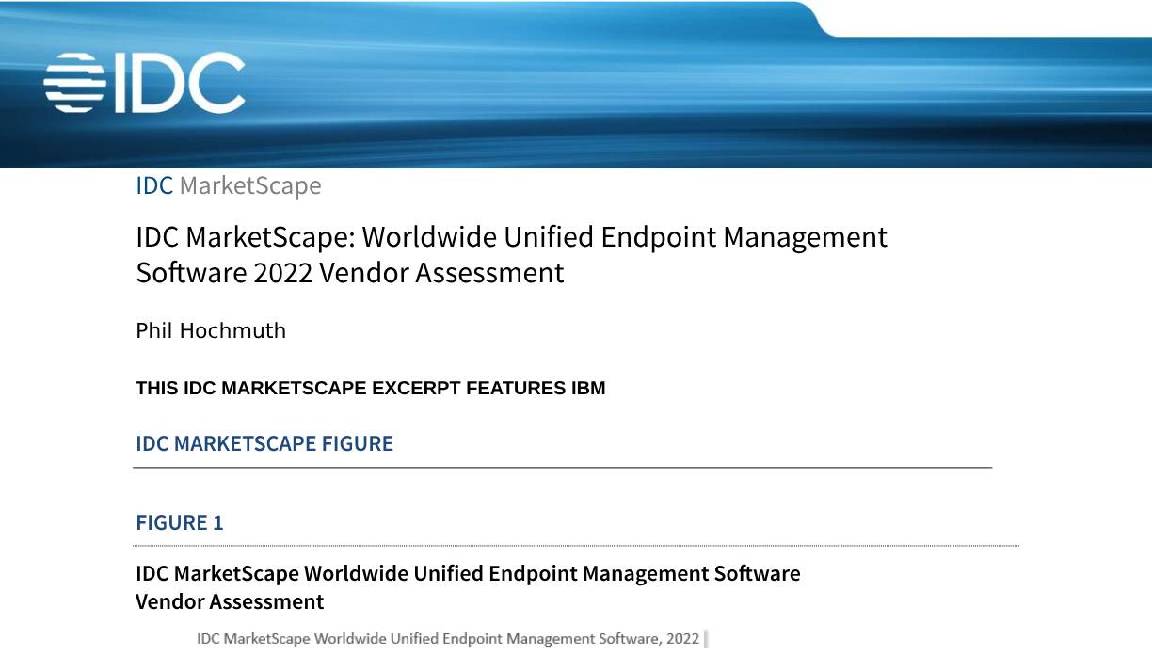Flaws in 4G and 5G could allow attackers to launch DoS attacks and track location
Researchers present their findings just as manufacturers gear up to launch wave of 5G-ready handsets


Academics have discovered three new vulnerabilities in 4G and 5G networks that could allow malicious actors to track a user's location as well as intercept phone calls.
A new set of attacks, outlined in a paper named 'Privacy Attacks to the 4G and 5G Cellular Paging Protocols Using Side Channel Information', exploits the paging protocol, a mechanism which notifies a phone about an incoming call or text message.
Starting and cancelling several calls within a short period of time could trigger a paging message, without notifying a device about an incoming call, which could allow an attacker to track somebody's location.
An attacker would also be able to hijack the paging occasion fixed by the design of 4G and 5G protocols, the time period where the handset polls for services, and pair this with identifiers, such as their phone number. This attack, dubbed Torpedo, could then allow an attacker to send spoof messages or block messages altogether.
Moreover, Torpedo allows malicious attackers to spring two further attacks on their victims, named Piercer and the ISMSI-Cracking attack. The former would allow an attacker to find a user's unique international mobile subscriber identity (IMSI) on the 4G network. The latter, meanwhile, could brute force the encrypted IMSI number for both 4G and 5G numbers.
"The cellular paging (broadcast) protocol strives to balance between a cellular device's energy consumption and quality-of-service by allowing the device to only periodically poll for pending services in its idle, low-power state," the researchers explained.
"For a given cellular device and serving network, the exact time periods when the device polls for services (called the paging occasion) are fixed by design in the 4G/5G cellular protocol.
Get the ITPro daily newsletter
Sign up today and you will receive a free copy of our Future Focus 2025 report - the leading guidance on AI, cybersecurity and other IT challenges as per 700+ senior executives
"Our paper sheds light on an inherent design weakness of the 4G/5G cellular paging protocol which can be exploited by an attacker to not only obtain the victim's paging occasion but also to identify the victim's presence in a particular cell area just from the victim's soft-identity."
The weaknesses were discovered to reside with the networks of all four major telecoms suppliers in the US, and a spattering of firms in Europe and Asian countries, including three from Germany, four providers from Austria, and one in Iceland.
The findings are the latest in a series of security concerns with 5G networks that researchers have demonstrated, well in advance of 5G becoming rolled out on a mainstream basis. Another critical vulnerability in the upcoming 3G, 4G, and 5G network protocols, outlined by academics at the start of the month, could enable the eavesdropping of calls.
The latest research into 5G network security also emerges as a host of manufacturers debut a fleet of 5G-ready devices at this year's Mobile World Congress (MWC). These include Huawei's 5G-ready 'foldable', dubbed the Mate X, as well as the Samsung Galaxy S105G.

Keumars Afifi-Sabet is a writer and editor that specialises in public sector, cyber security, and cloud computing. He first joined ITPro as a staff writer in April 2018 and eventually became its Features Editor. Although a regular contributor to other tech sites in the past, these days you will find Keumars on LiveScience, where he runs its Technology section.
-
 Asus ZenScreen Fold OLED MQ17QH review
Asus ZenScreen Fold OLED MQ17QH reviewReviews A stunning foldable 17.3in OLED display – but it's too expensive to be anything more than a thrilling tech demo
By Sasha Muller
-
 How the UK MoJ achieved secure networks for prisons and offices with Palo Alto Networks
How the UK MoJ achieved secure networks for prisons and offices with Palo Alto NetworksCase study Adopting zero trust is a necessity when your own users are trying to launch cyber attacks
By Rory Bathgate
-
 Busting nine myths about file-based threats
Busting nine myths about file-based threatsWhitepaper Distinguish the difference between fact and fiction when it comes to preventing file-based threats
By ITPro
-
 The Total Economic Impact™ of the Intel vPro® Platform as an endpoint standard
The Total Economic Impact™ of the Intel vPro® Platform as an endpoint standardWhitepaper Cost savings and business benefits enabled by the Intel vPro® Platform as an endpotnt standard
By ITPro
-
 The Total Economic Impact™ of IBM Security MaaS360 with Watson
The Total Economic Impact™ of IBM Security MaaS360 with WatsonWhitepaper Cost savings and business benefits enabled by MaaS360
By ITPro
-
 WithSecure Elements EPP and EDR review: Endpoint protection on a plate
WithSecure Elements EPP and EDR review: Endpoint protection on a plateReviews An affordable cloud-managed solution with smart automated remediation services
By Dave Mitchell
-
 KuppingerCole leadership compass report - Unified endpoint management (UEM) 2023
KuppingerCole leadership compass report - Unified endpoint management (UEM) 2023Whitepaper Get an updated overview of vendors and their product offerings in the UEM market.
By ITPro
-
 The Total Economic Impact™ of IBM Security MaaS360 with Watson
The Total Economic Impact™ of IBM Security MaaS360 with WatsonWhitepaper Get a framework to evaluate the potential financial impact of the MaaS360 on your organization
By ITPro
-
 Unified endpoint management software vendor assessment
Unified endpoint management software vendor assessmentWhitepaper Make positive steps on your intelligent automation journey
By ITPro
-
 PowerEdge - Cyber resilient infrastructure for a Zero Trust world
PowerEdge - Cyber resilient infrastructure for a Zero Trust worldWhitepaper Combat threats with an in-depth security stance focused on data security
By ITPro